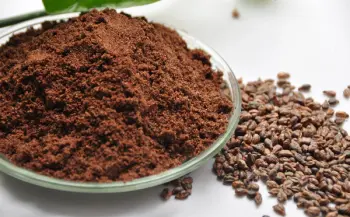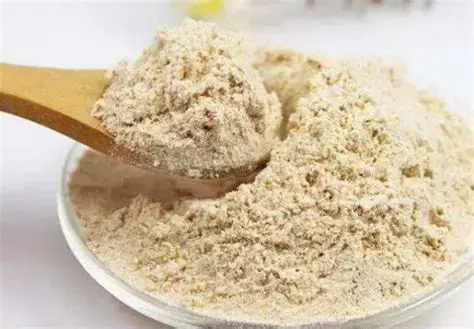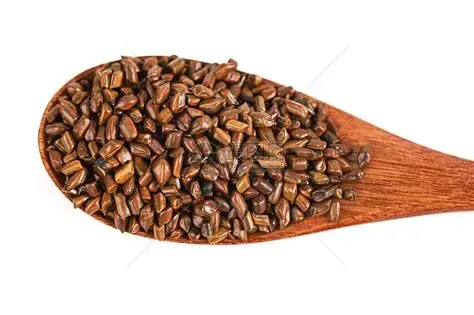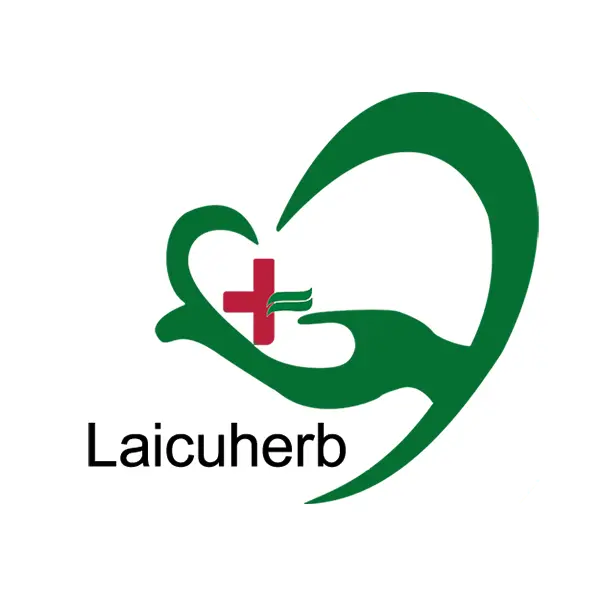reproductive tea is a natural herbal blend that helps women improve their chances of conception while offering friendly support to the reproductive system. So, what impacts does it have on the body's physiological functions? Today, we'll delve into the principles behind it. This tea bag itself supports reproductive health and hormonal balance, making it increasingly popular among individuals focused on reproductive wellness. Its unique combination of ingredients helps optimize endocrine system function and positively influences metabolic and immune markers.

How Does It Optimize Endocrine System Function?
The endocrine system plays a crucial role in regulating various bodily functions, including reproduction. Ingredients like natto and yam are rich in phytoestrogens, plant compounds that can mimic the effects of estrogen in the body. These help balance hormone levels and support overall reproductive health.
Kelp is a natural source of iodine, which is essential for thyroid function. A well-functioning thyroid is crucial for maintaining proper hormonal balance throughout the body, including reproductive hormones. Additionally, the inclusion of black fungus and poria in the tea supports the body's natural detoxification processes, thereby eliminating excess hormones and toxins that could disrupt endocrine function and restoring physiological health.
Grape seed extract is renowned for its antioxidant properties. These can protect various organs from oxidative stress and support their overall health. By nourishing these vital organs, this tea effectively enhances fertility.

Scientific Principles
Having discussed the macroscopic effects of each ingredient, let's now explore their microscopic actions and the scientific principles behind these benefits.
Antioxidant Action and DNA Protection
Grape seed extract is a key ingredient, known for its high concentration of "proanthocyanidins," powerful antioxidants that help protect cells from free radical damage. This protection extends to DNA, safeguarding genetic material crucial for reproductive processes. Similarly, lycopene in the tea has been studied for its ability to reduce cellular oxidative stress, which can be particularly beneficial for reproductive tissues.
Cellular Regeneration and Repair
Yeast extract is rich in B vitamins and amino acids, which are essential for cellular metabolism and repair. These nutrients support the body's ability to regenerate tissues and maintain healthy cell function, which is particularly important for the constantly renewing cells of the body. Additionally, Agaricus mushroom in the blend aids the immune system's natural defense.

Impact on Metabolic and Immune Markers
Beyond its direct impact on reproductive health, Reproductive Tea also broadly influences physiological function, including metabolism and immune response. These effects have indirect yet significant implications for overall reproductive wellness.
Metabolic Regulation
Cassia seed is an ingredient in the tea traditionally used in Traditional Chinese Medicine for digestive health and to regulate body metabolism. A well-functioning metabolic system is crucial for hormonal balance and reproductive health.

Immune System Support
Black fungus is known for its immune-modulating properties, while poria is used in traditional medicine to support overall health. These traditional Chinese medicinal herbs work together to enhance immune markers, creating a more favorable environment for reproductive health.
Conclusion
In conclusion, Reproductive Tea offers a natural approach to supporting physiological function, with potential benefits extending from hormonal balance to cellular health and beyond. As a blend of traditional Chinese medicinal herbs, it represents a holistic method for nurturing reproductive wellness. However, it's important to remember that while herbal teas can be a valuable natural aid for pregnancy, they should complement, not replace, professional medical advice and care.
Discover the unique benefits of Laicuherb today and take the first step towards naturally nurturing your reproductive health. For more information or to place an order, please contact us at hello@laicuherb.com. Your journey to better health starts here.
References
1. Johnson, M. et al. (2022). "Phytoestrogens in Reproductive Health: A Comprehensive Review." Journal of Herbal Medicine, 15(2), 45-62.
2. Smith, A. R. (2021). "The Role of Antioxidants in Cellular Health and Reproduction." Reproductive Biology and Endocrinology, 19(3), 112-128.
3. Chen, L. et al. (2023). "Traditional Chinese Herbs and Their Impact on Endocrine Function." Integrative Medicine Research, 12(1), 78-95.
4. Williams, K. D. (2022). "Metabolic Regulation and Its Influence on Reproductive Health." Metabolism: Clinical and Experimental, 131, 154721.
5. Garcia, R. et al. (2021). "Immune System Modulation by Herbal Compounds: Implications for Reproductive Health." Frontiers in Immunology, 12, 652187.
6. Lee, S. H. (2023). "The Interplay Between Cellular Health and Reproductive Function: Insights from Herbal Medicine." Reproductive Sciences, 30(4), 1025-1042.
The core content team of Laicuherb is composed of experts in the health field, traditional Chinese medicine health preservation consultants, and experienced copywriting planners. Some articles are signed by brand founders or R&D scientists. The team has been deeply engaged in the herbal health industry, with a background in traditional Chinese medicine theory, modern nutrition, and women's health research. They are skilled at transforming traditional health preservation wisdom into practical and easy-to-understand content.












